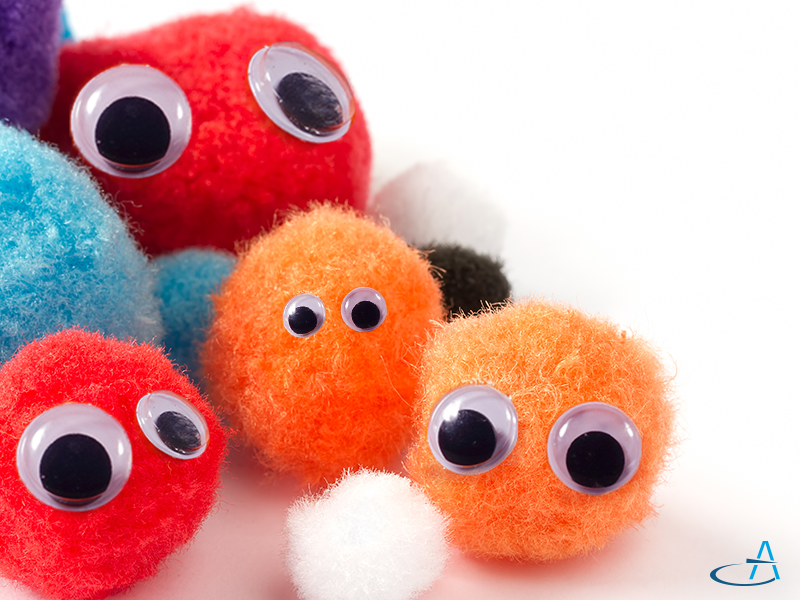You know the importance of teaching students social and emotional skills. Here are a few ideas to help your students learn and develop these critical skills. Have fun incorporating them into your lessons. You’ll reap the rewards of better classroom management as well as engaged and ready-to-learn students!
1. The Power of Systematic Compliments
Chris Ulmer, a teacher at Keystone Academy in Jacksonville, Florida, spends 10 minutes every morning complimenting his kids and giving them high fives. “I have seen their confidence and self-worth skyrocket,” he states. Moreover, after just a few weeks of complimenting, he noticed his students started complimenting one another regularly.
These easy-to-make critters only come out when it’s quiet. Loud noises hurt their ears, but whispering is ok. They love to sit on students’ desks to watch and learn from the students. They are fun and effective way to get students to work quietly by themselves.
3. Teaching Tone with One Sentence
This quick and fun exercise helps students understand what tone is and how to communicate it in their language and writing.
To reinforce how words can hurt people, this teacher incorporates toothpaste into a lesson on put downs and rude comments.
5. Teach a Growth Mindset with This Paper Structure Challenge
Students are challenged to recreate a paper structure, but the real lesson is how they talk and interact with one another while they are trying to complete the challenge. This is a powerful lesson in how to overcome frustrating, annoying, and unfair situations.
6. Brain Stairs
Sometimes our brains can become overwhelmed with feelings of fear, sadness or anger, and when this happens, it’s confusing – especially to children. This playful exercise shows children ways to work through their emotions.
How many times have your students sneered “I’m sorry” without really meaning it? Try implementing the four-part apology and see an amazing transformation in how your students treat and respect one another.
8. Brain Breaks
Giving students a break from classwork will increase the productivity and focus in your classroom. A five minute brain break is a wise investment that will help increase academic achievement, achieve better concentration, boost on-task behavior, and improve student attitudes.
A fun spin on the Price is Right, this game helps students learn how to show gratitude. The activities can be modified for activities that can be done in the classroom.
Teach students how to express their emotions with this fun game. This activity will help students learn how to better understand and articulate their feelings.
Have something to add? We’d love to hear from you! Share your thoughts and opinions in the comments below!
